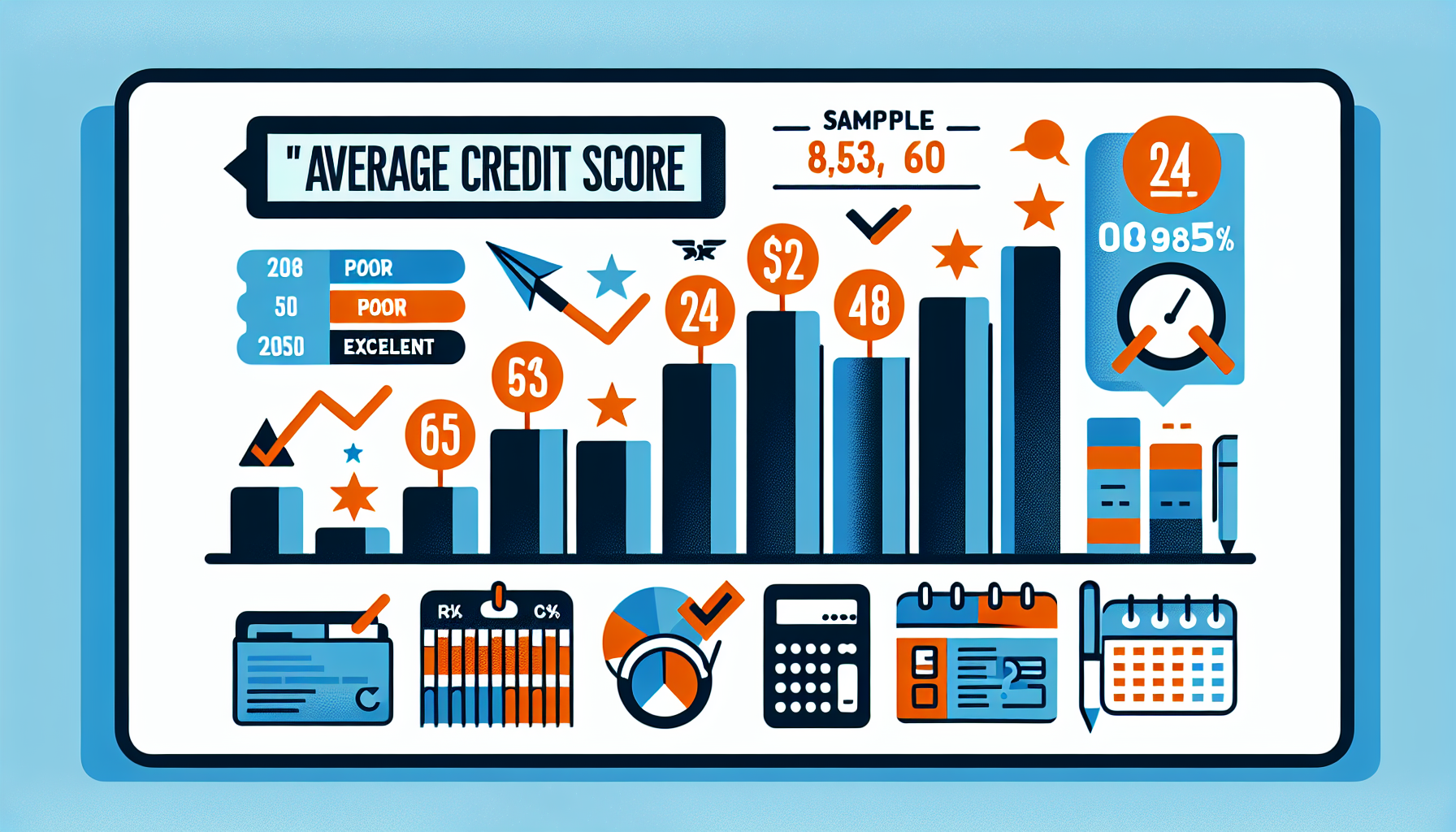Understanding credit scores is crucial for anyone looking to manage their finances effectively. In the United States, the average credit score of Americans serves as a key indicator of financial health. By delving into the factors that influence credit scores, individuals can gain a better understanding of how they can improve their own credit standing. In this article, we will explore the average credit score of Americans and the key factors that play a role in determining this important financial metric.
Understanding the Average Credit Score of Americans
The average credit score in the United States varies each year, but as of 2021, it is around 710. This number serves as a benchmark for lenders when determining the creditworthiness of an individual applying for a loan or credit card. A credit score is a three-digit number ranging from 300 to 850, with higher scores indicating better creditworthiness. The average credit score of Americans gives a snapshot of the overall financial health of the population and can provide insights into trends in borrowing and spending habits.
Several factors contribute to determining an individual’s credit score, including payment history, credit utilization, length of credit history, types of credit used, and new credit inquiries. Payment history carries the most weight in calculating a credit score, accounting for approximately 35% of the total score. Late payments, defaults, and bankruptcies can all negatively impact a credit score, while consistent, on-time payments can help boost it. Credit utilization, which refers to the amount of credit being used compared to the total credit available, also plays a significant role in determining a credit score.
Key Factors Influencing Your Credit Score
In addition to payment history and credit utilization, the length of one’s credit history can influence their credit score. Lenders prefer to see a long history of responsible credit use, as it indicates reliability and stability. The types of credit used, such as revolving credit (credit cards) and installment loans (mortgages, car loans), can also impact a credit score. Having a mix of different types of credit can demonstrate that an individual is capable of managing various financial responsibilities.
New credit inquiries can also affect a credit score, as they may indicate that an individual is taking on more debt. When applying for new credit, lenders typically run a hard inquiry on an individual’s credit report, which can temporarily lower their credit score. It is important to be mindful of applying for new credit too frequently, as multiple inquiries within a short period can be seen as a red flag to lenders. By understanding these key factors that influence credit scores, individuals can take proactive steps to improve their credit standing and achieve better financial outcomes.
Understanding the average credit score of Americans and the factors that influence it is essential for anyone looking to maintain healthy financial habits. By being aware of how payment history, credit utilization, credit history length, types of credit used, and new credit inquiries impact credit scores, individuals can take control of their financial futures. Whether aiming to increase their credit score for better loan terms or simply seeking to manage their finances more effectively, knowledge of credit scoring is a valuable tool. By staying informed and making responsible financial decisions, individuals can work towards achieving their financial goals and securing a stable financial future.
